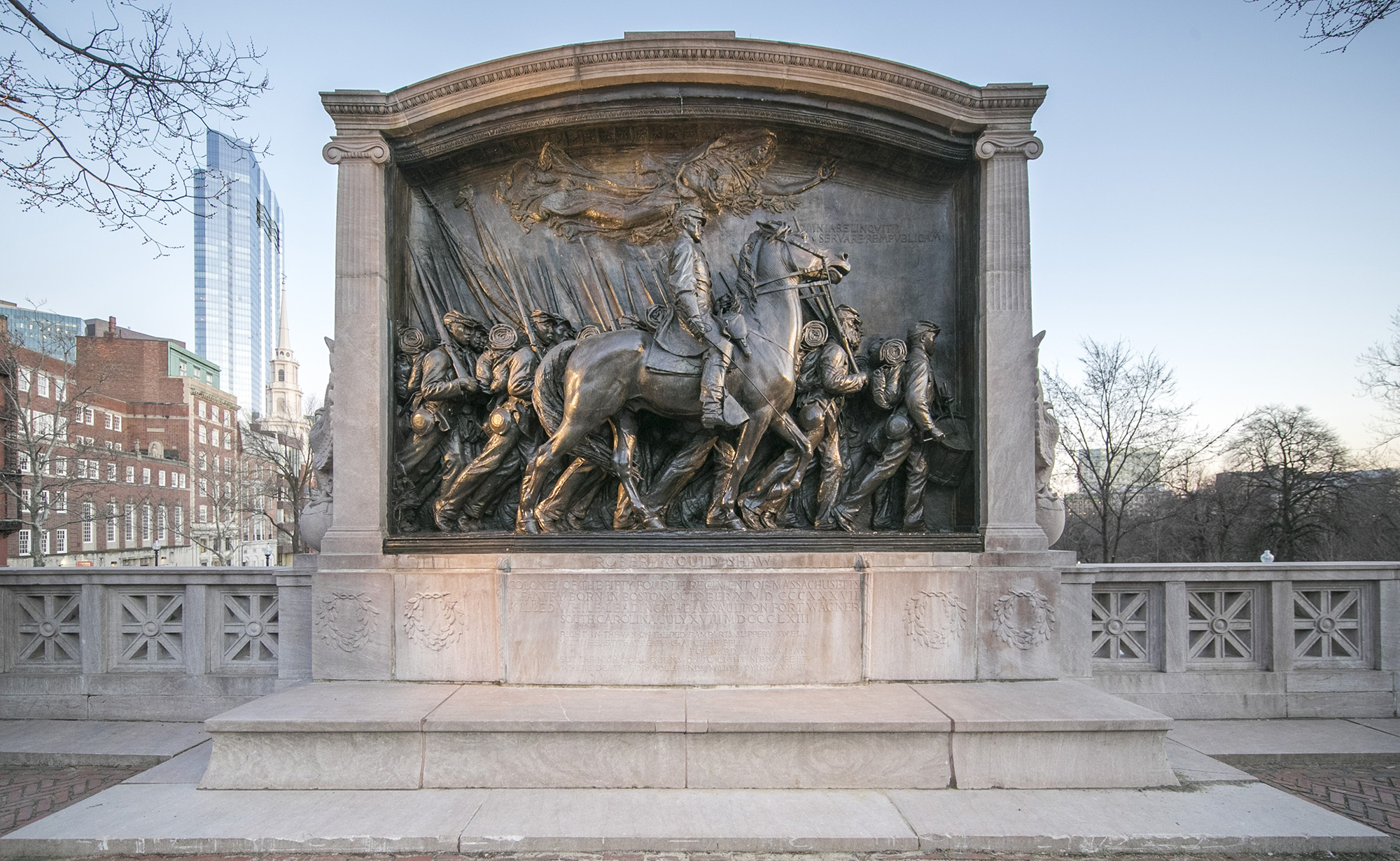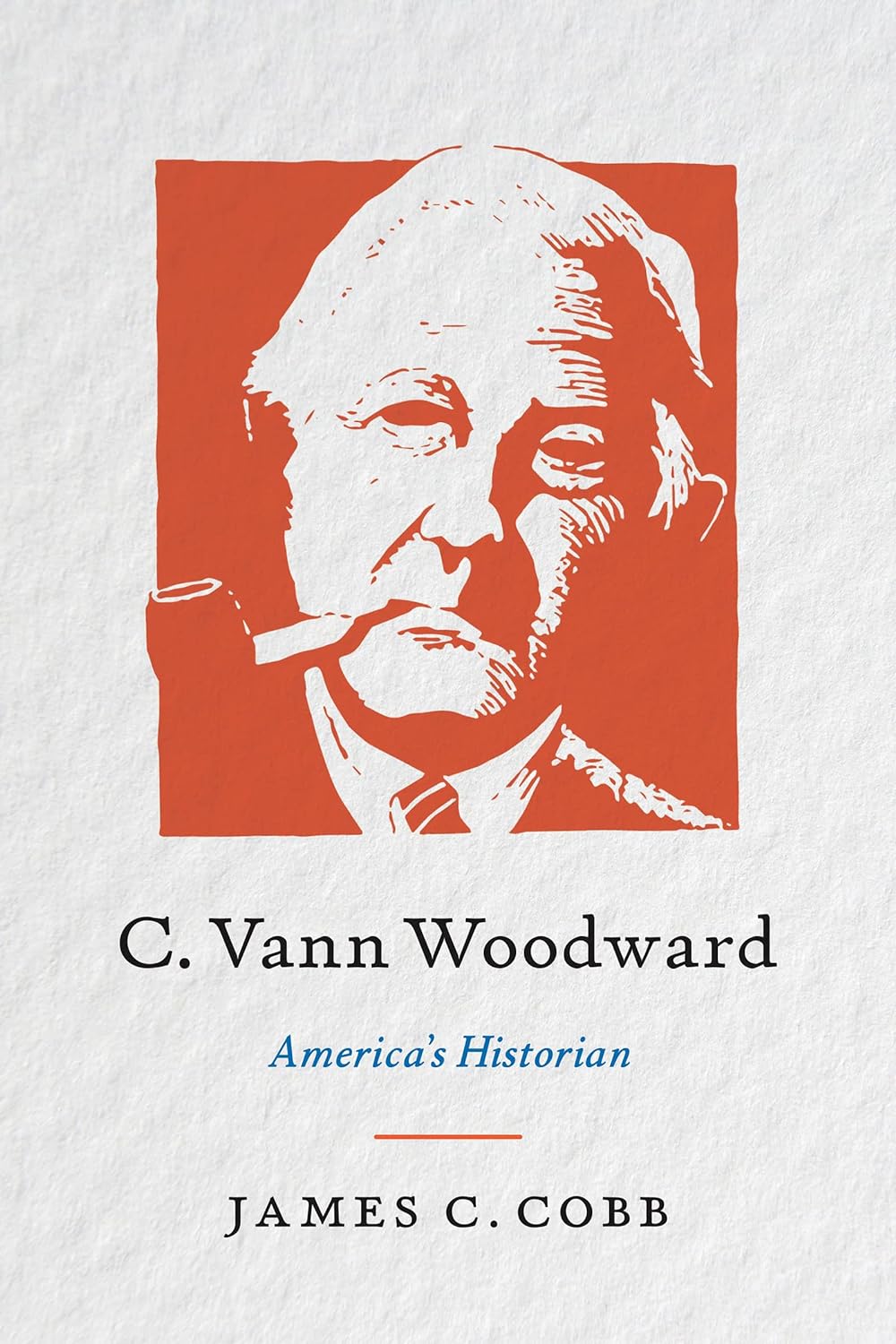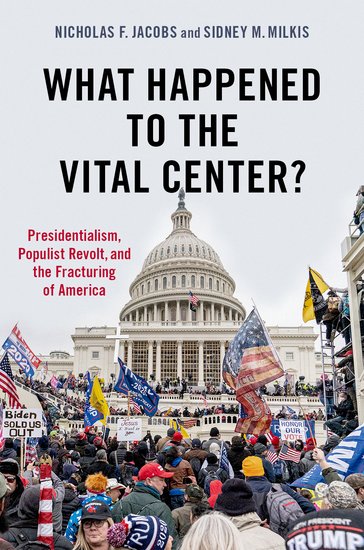Off the Deaton Path presents a special series exploring the theme of the 2023-2024 Georgia History Festival: Governing Georgia Across Three Centuries. The second video in this series focuses on the establishment of government in Georgia when James Oglethorpe and the first colonists arrived in 1733 to what became Great Britain’s final colony in mainland North America.
Classroom worksheets that pair with each Governing Georgia Across Three Centuries video are available on the Georgia History Festival website.



